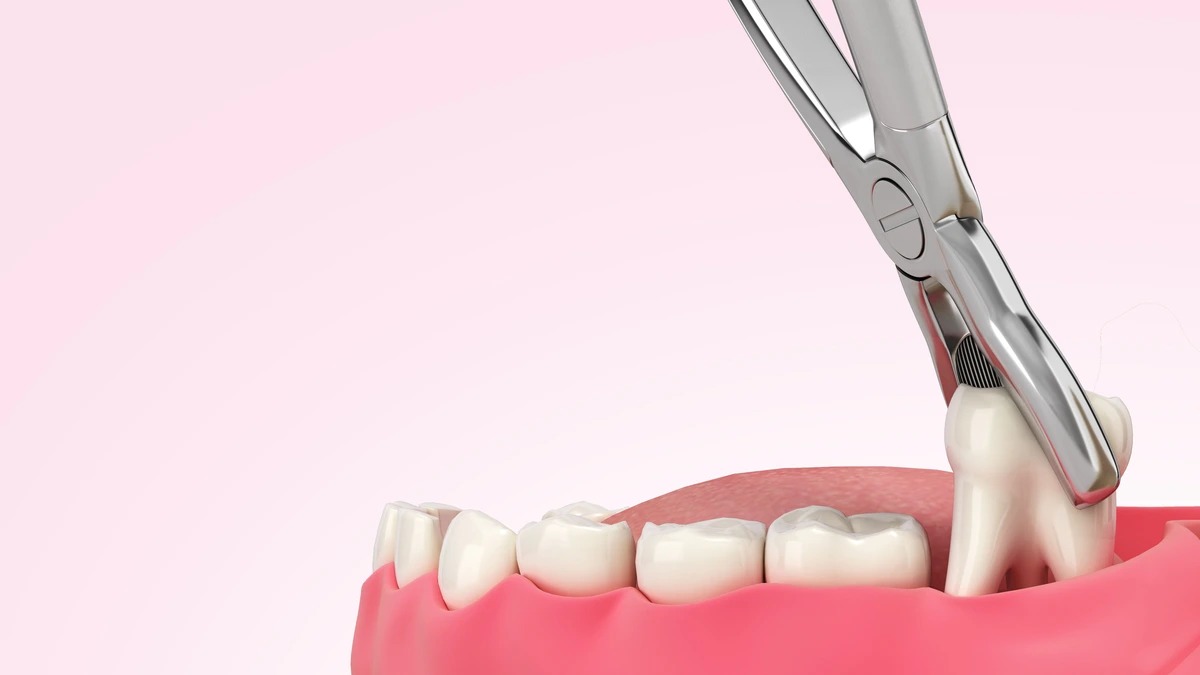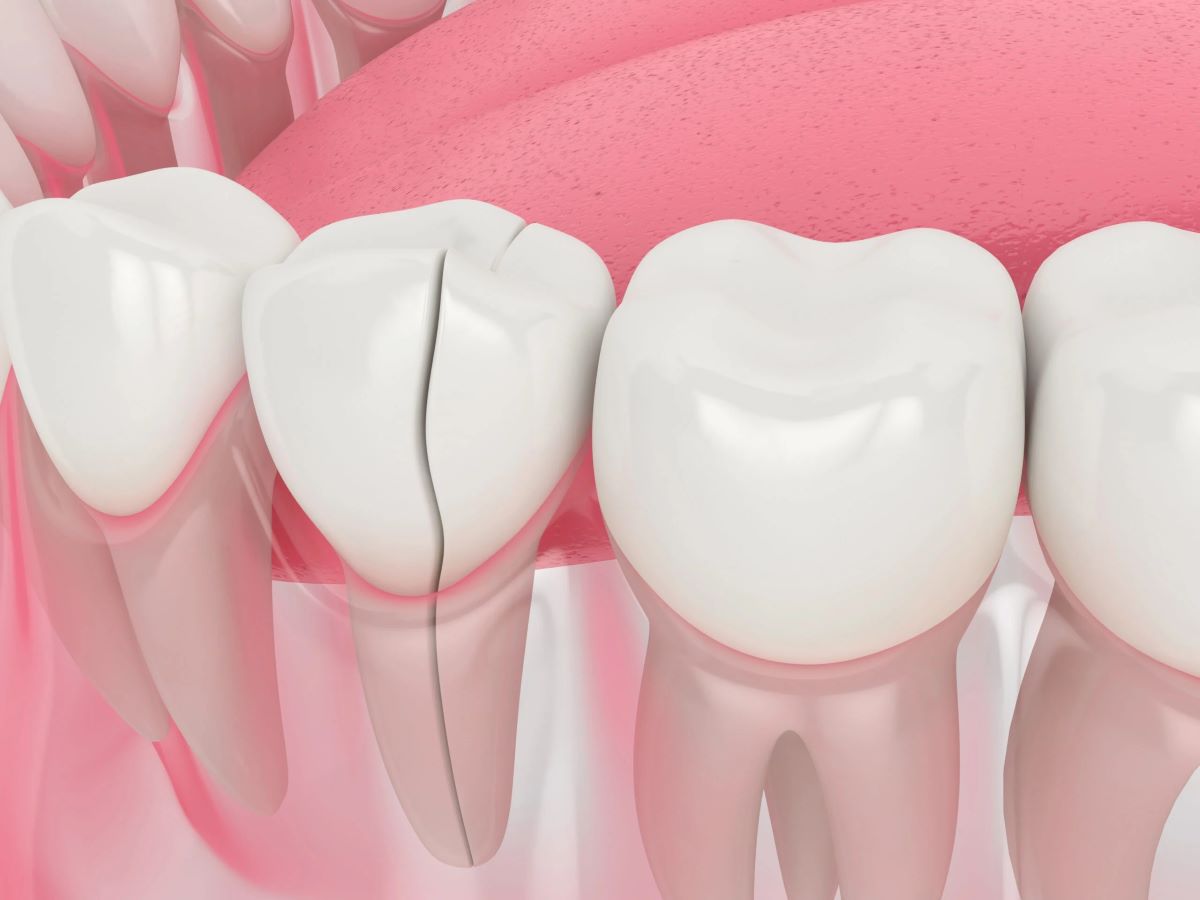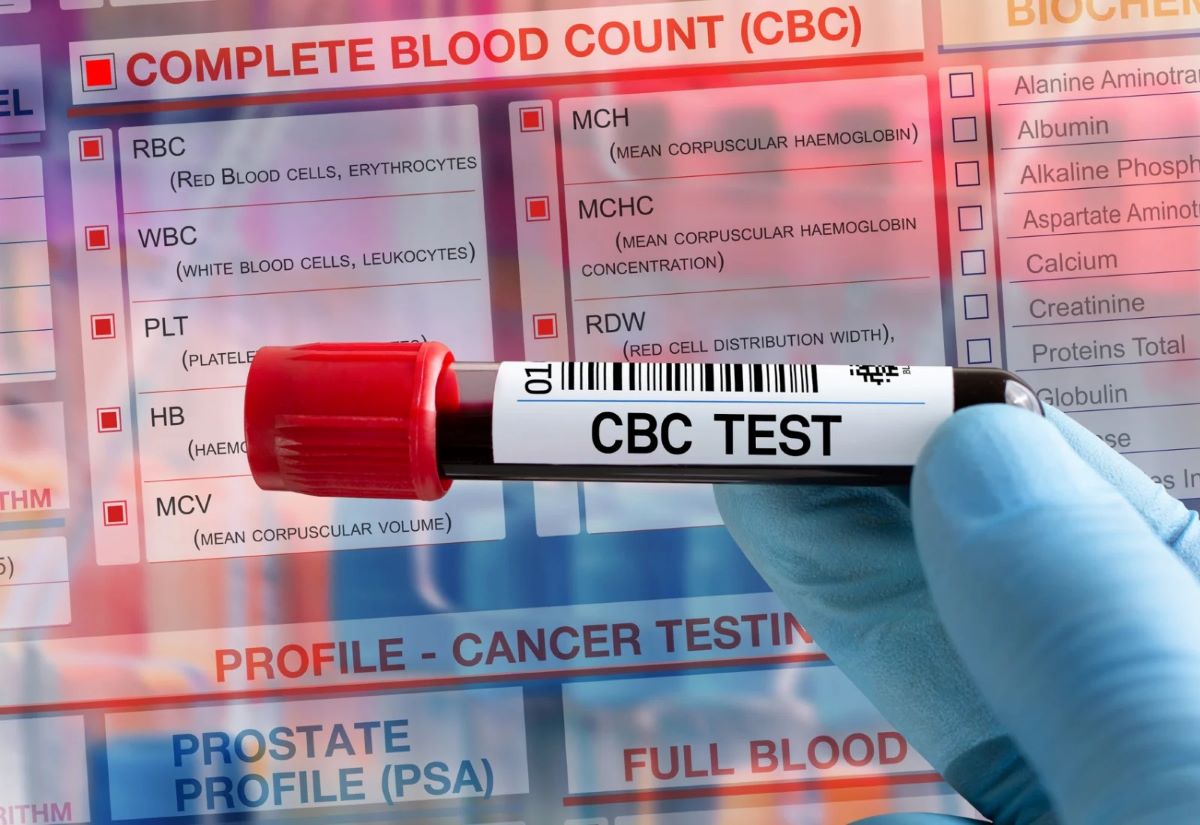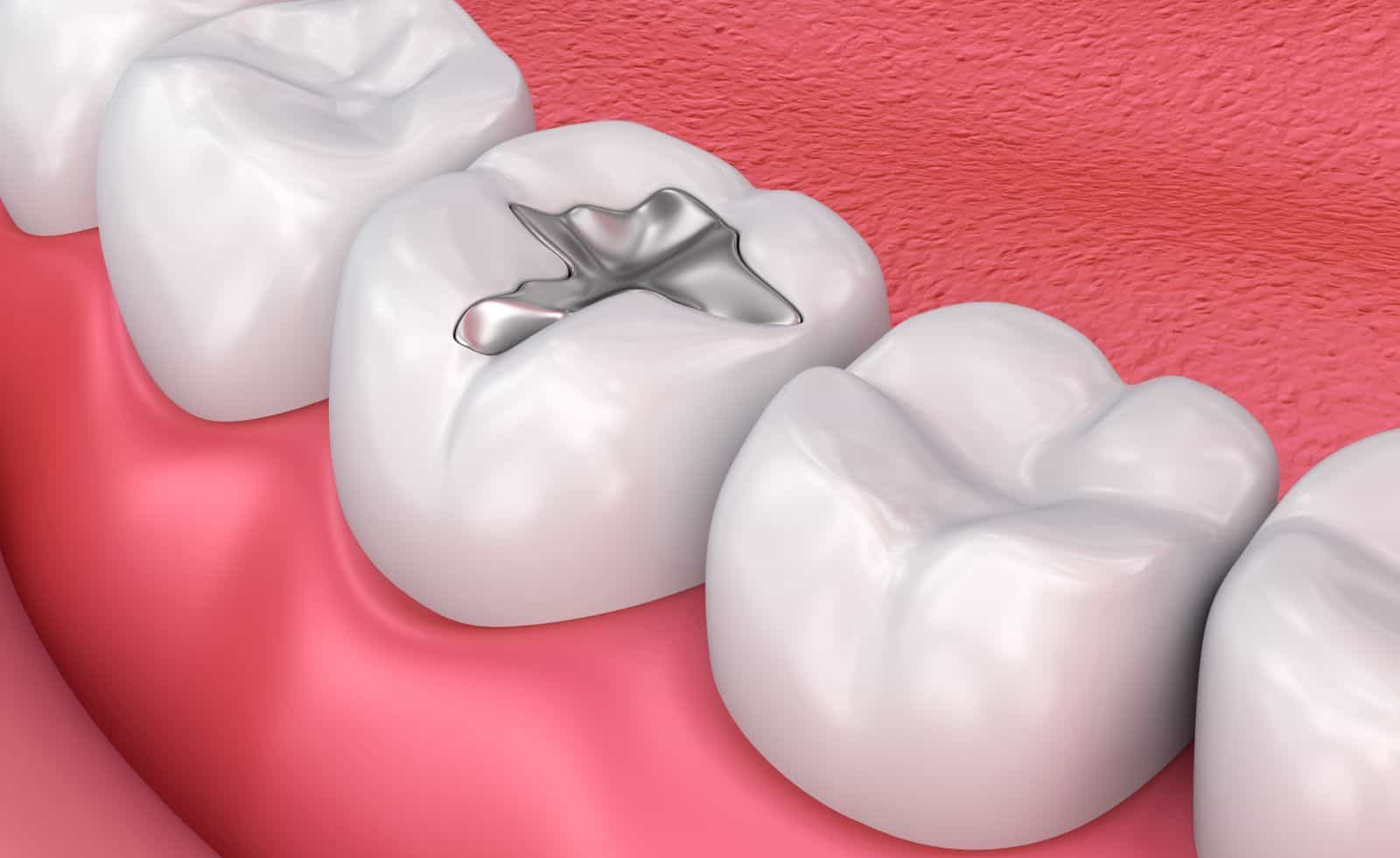Home>Finance>How Much Does It Cost To Get A Tooth Pulled Without Insurance?


Finance
How Much Does It Cost To Get A Tooth Pulled Without Insurance?
Published: November 24, 2023
Find out the cost of tooth extraction without insurance and explore affordable finance options to cover the expenses.
(Many of the links in this article redirect to a specific reviewed product. Your purchase of these products through affiliate links helps to generate commission for LiveWell, at no extra cost. Learn more)
Table of Contents
Introduction
When it comes to dental health, there are times when a tooth extraction becomes necessary. Whether it’s due to severe decay, a tooth infection, overcrowding, or a structural issue, getting a tooth pulled may be the best course of action to preserve your overall oral health. However, if you don’t have dental insurance, you may be wondering how much it will cost.
The cost of a tooth extraction can vary depending on several factors, such as the complexity of the extraction, the location of the tooth, the dentist’s fees, and the region you live in. Without insurance coverage, the cost can add up quickly, leaving you concerned about the financial burden.
In this article, we will explore the average cost of getting a tooth pulled without insurance, as well as low-cost options and financing alternatives available to help alleviate the financial strain. By understanding these options, you can make informed decisions about your dental care without compromising your overall well-being.
While it is recommended to have dental insurance to cover routine and emergency dental care, many individuals find themselves in a situation where they need immediate tooth extraction but lack insurance coverage. Understanding the potential costs and available alternatives can help you navigate this challenging situation.
It’s important to note that the information provided in this article is for general purposes only and may vary depending on your specific dental needs and the geographical area you reside in. It is always best to consult with a dental professional and discuss your options based on your unique circumstances.
Factors that Affect the Cost of Tooth Extraction
The cost of a tooth extraction can vary significantly and is influenced by several factors. Understanding these factors can help you estimate the potential cost and plan accordingly. Here are some key factors that can affect the cost of tooth extraction:
- Complexity of the Extraction: The complexity of the extraction plays a significant role in determining the cost. Simple extractions, where the tooth is fully erupted and easily removable, tend to be less expensive than surgical extractions, which involve cutting into the gum or bone to remove a partially erupted or impacted tooth.
- Location of the Tooth: The location of the tooth to be extracted can impact the cost. Front teeth are generally easier to extract compared to molars, which have multiple roots and are located at the back of the mouth. Molar extractions often require more time and expertise, leading to higher costs.
- Dentist’s Experience and Expertise: The experience and expertise of the dentist performing the extraction can affect the cost. Established dental practices with experienced dentists may charge higher fees for their services compared to newer or less-experienced dentists.
- Geographic Location: The cost of dental procedures, including tooth extraction, can vary depending on the region or city you live in. Areas with a higher cost of living or where dental services are in greater demand may have higher prices. In contrast, rural or less-populated areas may have lower prices.
- Add-On Procedures: In some cases, additional procedures may be required alongside the tooth extraction. For example, if the tooth is impacted, bone grafting or other specialized procedures may be necessary. These additional procedures can increase the overall cost of the extraction.
- Dentist’s Fees: Each dentist sets their own fees for dental procedures. Dentists with higher overhead costs or specialized training may charge more for their services. It’s important to inquire about the dentist’s fees before scheduling the extraction.
It’s worth noting that while cost is an important consideration, prioritizing the expertise and experience of the dentist is crucial to ensure a safe and successful extraction. Opting for a cheaper but inexperienced dentist may lead to complications or the need for additional treatments in the long run.
By taking these factors into account, you can better estimate the potential cost of a tooth extraction without insurance. It’s always recommended to consult with a dentist or oral surgeon who can provide a personalized assessment and discuss the specific factors that may impact your extraction cost.
Average Cost of Tooth Extraction without Insurance
Without dental insurance, the cost of a tooth extraction can vary widely depending on the factors mentioned earlier. On average, a simple extraction can cost anywhere from $75 to $200 per tooth. This price range is generally applicable to fully erupted teeth that can be easily removed without the need for surgical techniques.
However, if the extraction is more complex, such as a surgical extraction or removal of an impacted tooth, the cost can range from $225 to $600 or more per tooth. Surgical extractions often require specialized skills, additional equipment, and anesthesia, thus resulting in higher costs compared to simple extractions.
It’s important to note that these price ranges are approximate and can vary depending on various factors, such as geographic location and the dentist’s expertise. Additionally, the cost may increase if additional procedures or treatments, such as bone grafting or the placement of a dental implant, are necessary after the extraction.
It’s recommended to schedule a consultation with a dentist or oral surgeon to receive a personalized cost estimate. During the consultation, the dentist will evaluate your specific case, discuss the treatment plan, and provide an accurate cost breakdown.
While the cost of tooth extraction without insurance may seem daunting, it’s important to prioritize your oral health and seek professional care when needed. Ignoring a dental problem can lead to further complications and potentially costlier treatments down the line.
If the estimated cost of a tooth extraction is beyond your budget, don’t lose hope. There are low-cost options and financing alternatives available to help make dental care more affordable, which we will explore in the following sections.
Low-Cost Options for Tooth Extraction without Insurance
If you don’t have dental insurance, there are still several low-cost options available to help you afford a tooth extraction. Consider the following options:
- Dental Schools: Dental schools often offer reduced-cost or even free dental services provided by dental students under the supervision of experienced faculty. While the treatment may take longer, it can be a cost-effective option for tooth extraction.
- Community Health Centers: Community health centers or clinics may provide dental services on a sliding fee scale based on your income. These centers are dedicated to serving underserved populations and can offer affordable dental care, including tooth extractions.
- Charitable Organizations: Some charitable organizations and non-profit dental clinics offer free or low-cost dental services to those in need. These organizations often have limited availability or specific eligibility requirements, so researching and contacting them ahead of time is crucial.
- Government Assistance Programs: Government programs, such as Medicaid or CHIP (Children’s Health Insurance Program), may cover dental services, including tooth extractions, for eligible individuals and families. Check the requirements and availability of these programs in your state.
- Local Dental Discount Plans: Dental discount plans are membership-based programs that offer discounted rates on various dental procedures, including tooth extractions. These plans typically require an annual or monthly fee and can provide significant savings at participating dental providers.
Before opting for any low-cost option, research and assess the quality of care provided. Look for reviews, inquire about the qualifications of the dental professionals involved, and ensure that appropriate safety measures are in place.
It’s important to weigh the potential savings against the quality of care and the long-term implications of the treatment. Consulting with a dental professional before making a decision is highly recommended. They can provide guidance on the most suitable options based on your specific needs and financial situation.
Remember, while affordability is crucial, it’s essential to prioritize your oral health and seek professional care to maintain your overall well-being.
Financing Options for Tooth Extraction without Insurance
If you need a tooth extraction but don’t have dental insurance, there are financing options available to help you manage the cost. Consider the following financing options:
- CareCredit: CareCredit is a healthcare credit card that offers flexible payment plans for dental treatments. It allows you to spread the cost of your tooth extraction over a predetermined period and offers interest-free options if paid within the promotional period.
- Health Savings Account (HSA) or Flexible Spending Account (FSA): If you have an HSA or FSA, you can use the funds to cover your tooth extraction cost. These accounts allow you to set aside pre-tax dollars specifically for medical or dental expenses, providing a convenient way to finance the treatment.
- Dental Financing Companies: Some dental financing companies specialize in providing loans for dental treatments. These companies offer competitive interest rates and flexible repayment terms, allowing you to manage the cost of your tooth extraction over time.
- In-house Payment Plans: Many dental practices offer in-house payment plans that allow you to pay for your tooth extraction in installments. These plans often have low or no interest charges and can be tailored to fit your budget.
- Negotiate with the Dentist: It’s worth discussing your financial situation with the dentist and seeing if they are willing to negotiate the cost or offer a discount for the tooth extraction. While not all dentists may be open to negotiations, some may be willing to work with you to make the treatment more affordable.
Before selecting any financing option, it’s important to carefully review the terms and conditions, including interest rates and repayment schedules. Be sure to choose an option that suits your financial capabilities and minimizes the overall cost.
Remember to incorporate the cost of the tooth extraction into your budget and plan for future dental visits and maintenance to preserve your oral health.
In addition to financing options, it’s beneficial to explore preventive measures and dental insurance options to avoid future dental problems and unexpected costs. Regular dental check-ups, proper oral hygiene, and a healthy lifestyle can contribute to maintaining good oral health and reducing the need for extensive dental treatments.
By being proactive and seeking out financing options, you can ensure that a necessary tooth extraction doesn’t create a financial burden and that you receive the dental care you need.
Conclusion
While the cost of getting a tooth pulled without insurance can be a concern, there are options available to help manage the financial impact. Understanding the average cost of tooth extraction and exploring low-cost options and financing alternatives can empower you to make informed decisions about your dental care.
Factors such as the complexity of the extraction, the location of the tooth, the dentist’s expertise, and your geographic location can all influence the cost. By considering these factors and consulting with a dental professional, you can get a better understanding of the potential cost for your specific case.
If you’re looking for low-cost options, dental schools, community health centers, charitable organizations, government assistance programs, and dental discount plans can assist in making tooth extractions more affordable. However, it’s important to balance cost considerations with ensuring the quality of care provided.
Financing options, such as CareCredit, HSAs or FSAs, dental financing companies, in-house payment plans, and negotiation with the dentist, can help you spread out the cost of the extraction over time. Reviewing the terms and conditions of each financing option is essential to select the one that best fits your financial situation.
Remember, prioritizing your oral health is crucial. Ignoring dental problems can lead to further complications and more expensive treatments in the future. Preventive measures, regular dental check-ups, and maintaining good oral hygiene are key to reducing the need for tooth extractions and other costly dental procedures.
If you don’t have dental insurance, it’s important to explore available options and seek professional dental care when needed. While the cost may be a concern, there are resources and solutions available to ensure you receive the necessary treatment without compromising your overall well-being.
Consult with a dental professional to discuss your dental needs, cost estimates, and potential financing options. By being proactive and informed, you can navigate the costs of tooth extraction without insurance and maintain a healthy smile for years to come.














